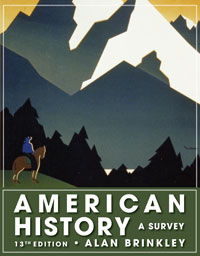1 2 3 4 5 6 7 8 9 10 11 12 13 14 15 16 17 18 19 20 21 22





